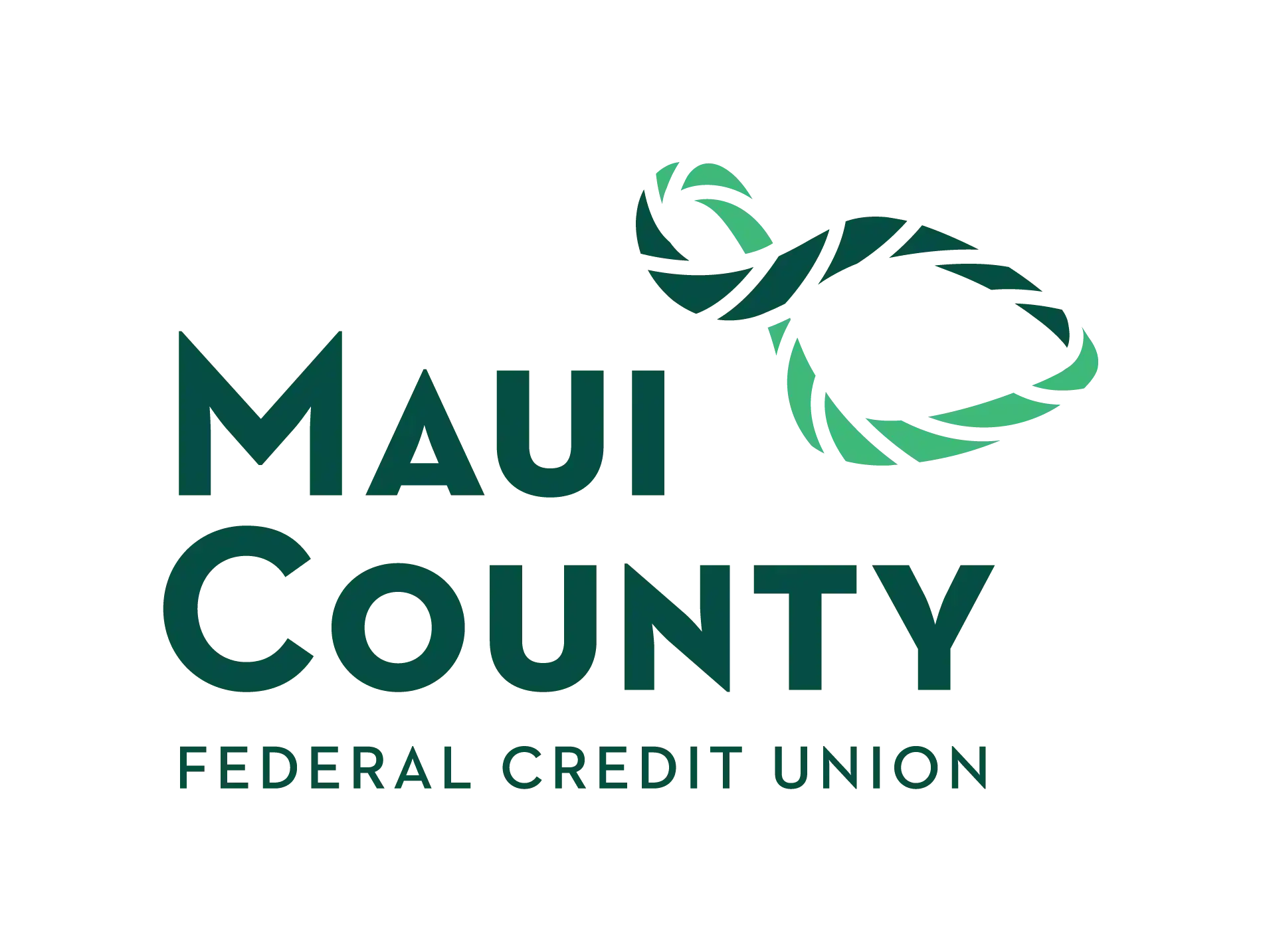WATCH: Maui Health’s Cameron Rogers offers tips on how to cut back on drinking
SPONSORED VIDEO:
MEDICAL MINUTE: The effects of alcoholism on a person’s health has long been studied, but health experts have also found that what many feel is “socially acceptable drinking” is actually “high risk drinking,” and can lead to serious medical issues.
Cameron Rogers, Injury Prevention Nurse for Trauma Services with Maui Health explains the risk factors related to high risk drinking and tips on how to cut back.
According to Rogers, high risk drinking has been found to significantly increase a person’s risk for: many cancers, high blood pressure, stroke, stomach bleeds, depression, sleep disorders, traumatic accidents and injuries, weight gain, and other short and long term health consequences.
“The silver lining in this is that high risk drinking is a very modifiable risk factor, so cutting back on daily and weekly alcohol use is something that can be done today to improve your short and long term health,” said Rogers.
For those that fall into the high risk category for drinking habits, Rogers offered the following tips to help a person drink less:
- Check in with yourself: Are you concerned about your drinking? Do you want to drink less? How much are you currently drinking? Do you fall into this high risk category? Use one of the self assessment tools at mauihealth.org/drinkless.
- Set goals: Decide which days during the week you plan to drink and how many drinks you will have on those days. Schedule in days when you won’t drink. Write these goals down.
- Pace and space: On nights and at events when you do decide to drink, sip slowly and pace yourself. Try to stick to no more than one drink an hour, and space out your drinks by drinking non-alcoholic drinks in between. If you are throwing a party, be sure to have plenty non-alcoholic drinks available for guests.
- Practice saying “no”: If you are worried that drinks will be pushed as part of a celebration, or that you will have a hard time saying “no” and sticking to your goals, then come up with a plan before the night starts of how you will say “no” and even practice it so you feel prepared.
- Avoid people and places that give you the urge to drink more than want until you feel more solid about your plan to drink less
- Don’t drink and drive: If you do plan on drinking outside of your home, come up with a plan of how you will get home safely, before you start drinking. Make a plan while you are sober and clear minded. Don’t wait until you’ve started drinking to figure it out. This could lead to poor decision making.
- Talk with your primary care provider: They can give you tools, recommend support groups, and even prescribe medications to help you cut back or stop drinking altogether.
“If you are a heavy drinker who drinks regularly and your body has become dependent on alcohol, it can be unsafe to stop drinking cold turkey,” said Rogers. “Talk with your doctor to come up with a safe plan to help you quit.”
Maui Health’s trauma outreach program has put together a list of tools to help determine risk factors for alcohol consumption, and get high risk drinkers the help they may need.
Resources are available through Maui Health’s Trauma Outreach Program at mauihealth.org/drinkless. Resources include: self assessments, personalized action plans, downloadable workbooks and videos.










